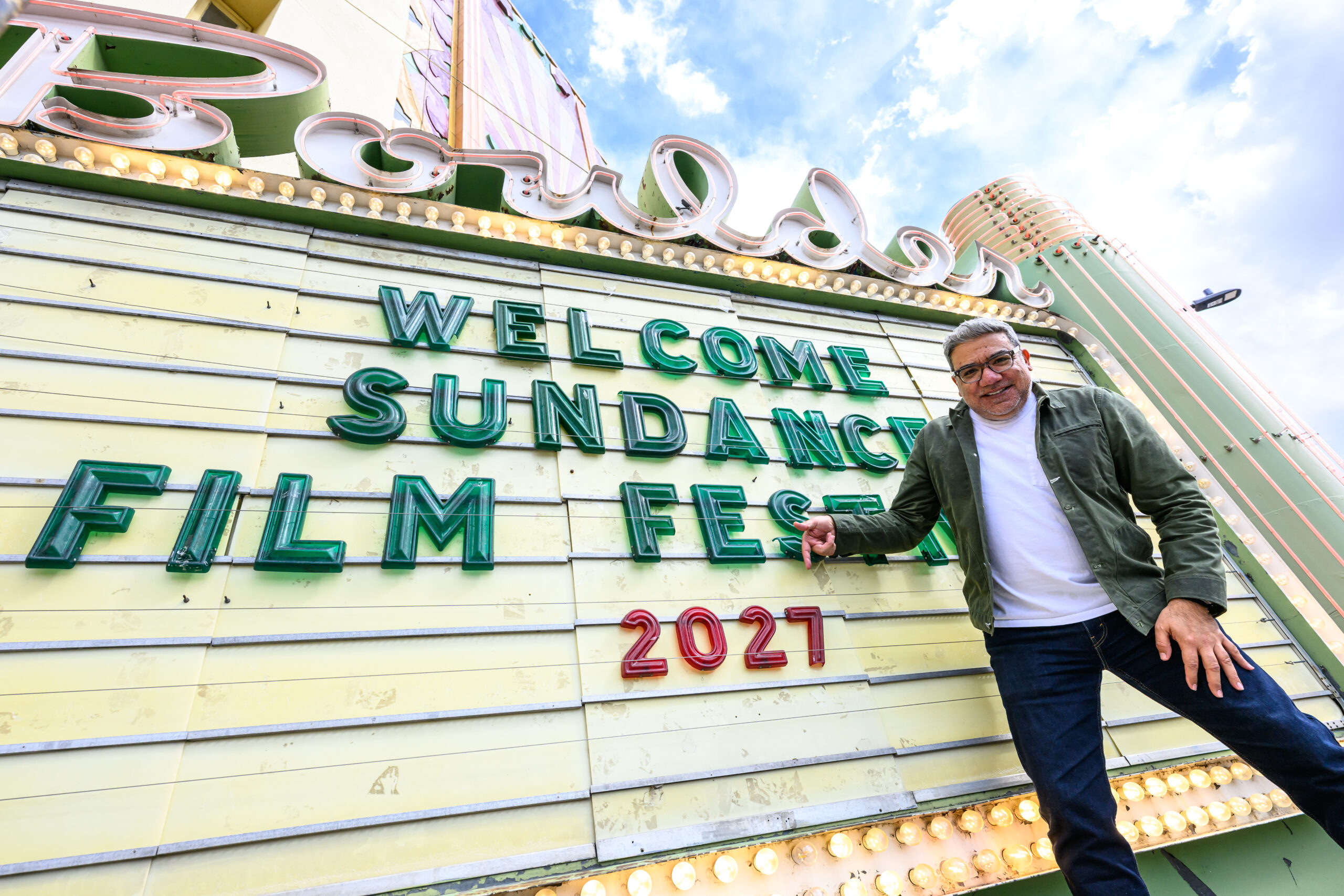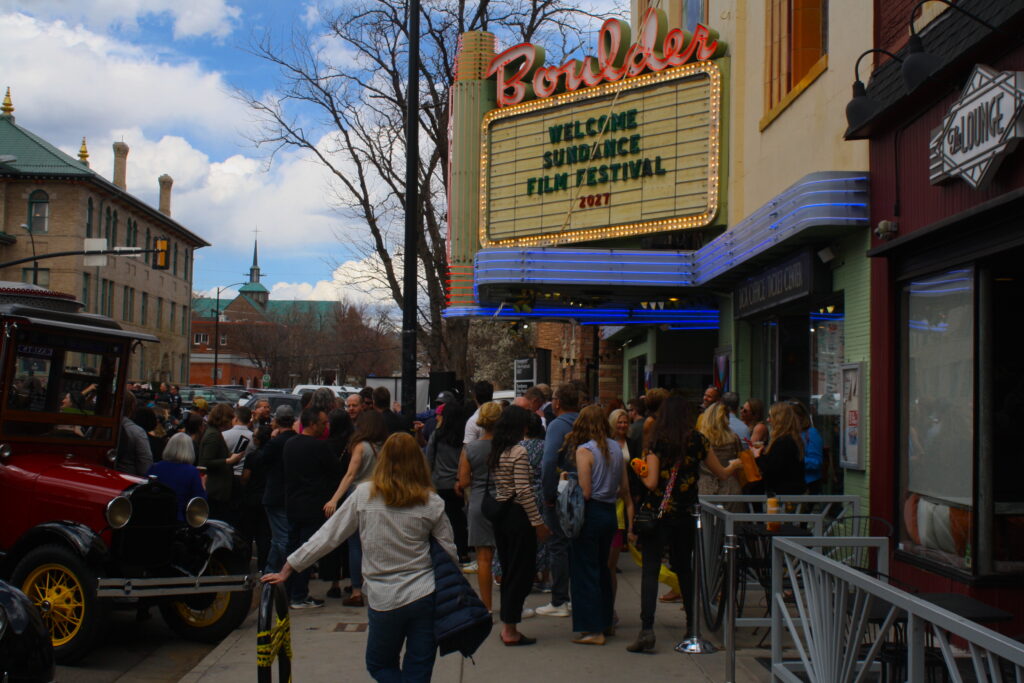
The Sundance Film Festival is coming to Boulder — that you’ve probably heard. You’ve also probably heard a dozen reasons why it’s leaving Utah and a dozen more why it picked Colorado. It’s an exciting time to be a moviegoer along the Front Range. But back in the Beehive State, the buzz is slightly different.
“During the festival itself, obviously, this was a big topic,” Salt Lake City Weekly’s Scott Renshaw says of the 2025 Sundance Film Festival. “As I was talking with people there, I said: ‘Yeah, I would lean 55 percent to it staying.’ Then, the legislative session completed, and we were all like: ‘This is bad.’”
Renshaw, arts editor and film critic for the long-running, free alternative weekly newspaper, has covered Sundance for more than 25 years. Like many others, he had a decent amount of skepticism over one of the country’s most storied film festivals leaving its home state of 40-plus years. But then came Utah House Bill 77 (which would ban the flying of pride flags on government property), and the likelihood of Sundance staying in Utah “was diminishing by the day.”
“It felt like...” he says, gathering his thoughts. “Like, the patient is terminal, and we’re just getting a chance to say our goodbyes.”

‘Is the reason they’re going to Colorado because it is a bluer state?’
Utah’s HB77 became law without Gov. Spencer Cox’s signature at 9:57 a.m. on March 27. Less than two hours later, Sundance announced it was moving to Boulder.
That’s quite a coincidence, but it’s worth pointing out that the Sundance Institute, which hosts the January festival, has done a magnificent job navigating politics throughout the departure. Among the possible cities Sundance considered was Atlanta, which garnered its own headlines in 2021 when Major League Baseball retracted their annual All-Star Game from Braves stadium Truist Park after Georgia passed the Election Integrity Act.
And where did MLB relocate the ’21 All-Star Game? To Coors Field in Denver, naturally.
Though Renshaw has covered the festival, he is quick to point out that he isn’t a Sundance insider and hasn’t had a chance to speak to anyone within the organization. “I don’t think they would,” he says. “Even if I asked them directly: ‘Is the reason they’re going to Colorado because it is a bluer state?’ I don’t think anyone would actually say that out loud. But I think it’s delusional not to think that’s at least a part of it.”
Room to grow?
Renshaw is quick to point out that even though politics played a factor, they weren’t necessarily “the factor.” That one might have come down to sheer logistics.
“[Sundance] had outgrown Park City 15 years ago,” Renshaw says. “It’s been clear that the infrastructure of Park City had never been designed for something like this.”

According to Sundance, the 2024 festival attracted 72,000 attendees, with about 33% coming from out of state. For those 24,000 travelers, the cost of lodging was probably their biggest concern.
“It was just becoming prohibitively expensive for guests to come there,” Renshaw says, adding that the housing issue isn’t “unique to Park City.”
Nor is it to Boulder. But lodging is certainly more difficult to overcome in a mountain ski town void of high-rise hotels or “places to put people at more reasonable rates.”
“Obviously, nothing is going to be cheap, nothing’s going to be inexpensive,” Renshaw says. But, by moving Sundance to Boulder, out-of-towners’ only options aren’t going to be “someone’s ski chalet that they’re going to rent out to you for $7,000 a night.”
That, even more than politics, might be the topic du jour when the Boulder Sundance debuts in 2027.
“I’ve never been to Boulder,” Renshaw says. “But I’ve been to Park City, I’ve worked in Park City, I’ve lived here in Utah for nearly 30 years — I think anything has to be a little bit better. From a just pure logistic standpoint.”
